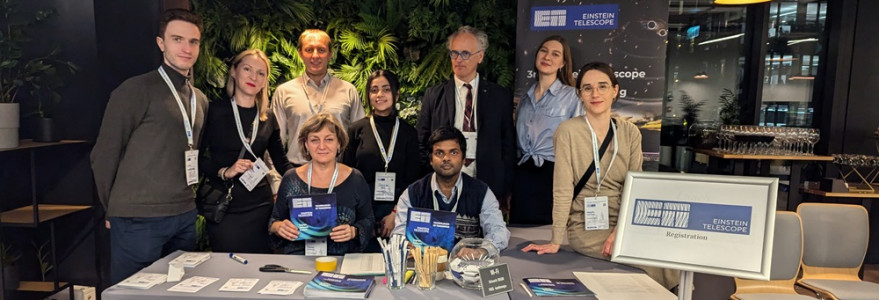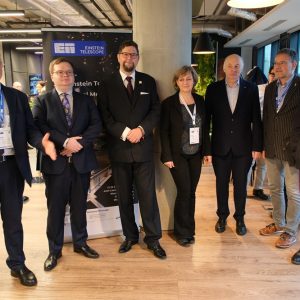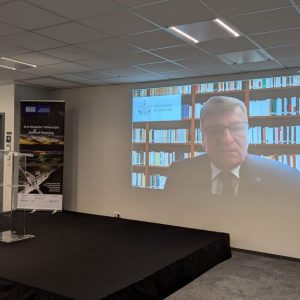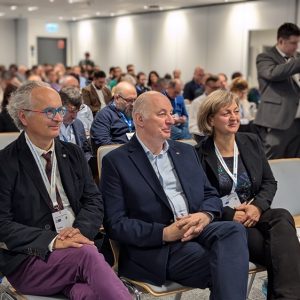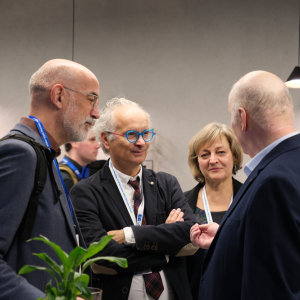500 scientists from across Europe attended the international annual meeting of researchers involved in the Einstein Telescope (ET) project. During the event, progress and plans for the construction of an advanced gravitational wave observatory were discussed. The leader of the Polish ET consortium is Prof. Tomasz Bulik, Director of the Astronomical Observatory of the University of Warsaw.
Einstein Telescope is a research project that could become a global observatory enabling the detection of gravitational waves with extraordinary precision. With its advanced technology, the ET will allow scientists to study cosmic phenomena, including collisions between black holes and neutron stars as well as supernovae.
ET has been included in the European Roadmap for Research Infrastructures 2021 by the European Strategy Forum for Research Infrastructures (ESFRI) as a priority project for implementation. Currently, the ET consortium brings together more than 1,700 scientists representing 254 institutes from 30 countries. The Polish ET consortium is led by the Astronomical Observatory of the University of Warsaw, with the participation of several other institutions: Nicolaus Copernicus Astronomical Centre, National Centre for Nuclear Research, Academic Computer Centre Cyfronet AGH, Institute of Mathematics at University of Bialystok, Jagiellonian University, and Warsaw University of Technology.
Reaching out to the origins of the Universe
The annual “Einstein Telescope” meeting took place from 12th to 15th October. It was opened by Prof. Zygmunt Lalak, the UW Vice-Rector for Research, and Prof. Andrzej Szeptycki, Undersecretary of State at the Ministry of Science and Higher Education.
“This meeting is not only an opportunity to exchange knowledge and experience, but also to strengthen our role in shaping the future of gravitational wave science in Europe. By working closely with the best research centres, we have a chance to make a real impact on the development of this key field of research,” Prof. Tomasz Bulik, director of the UW’s Astronomical Observatory and leader of the Polish ET consortium, said.
The meeting in Poland is key for the project, strengthening the position of Poland on the map of international scientific research.
“Thanks to the new generation of the European underground gravitational wave detector – the Einstein Telescope – we can reach the origins of the Universe and answer many fundamental questions in the field of astrophysics, cosmology and fundamental physics,” Prof. Dorota Rosińska, Head of the Department of Theoretical Astrophysics at the UW’s Astronomical Observatory, emphasised. Prof. Rosińska heads one of the working groups in the international Horizon Europe Einstein Telescope Preparatory Phase project.
Participants took part in technical workshops, scientific sessions and discussions on the future of the project.
The event was organised by the Astronomical Observatory of the University of Warsaw.



